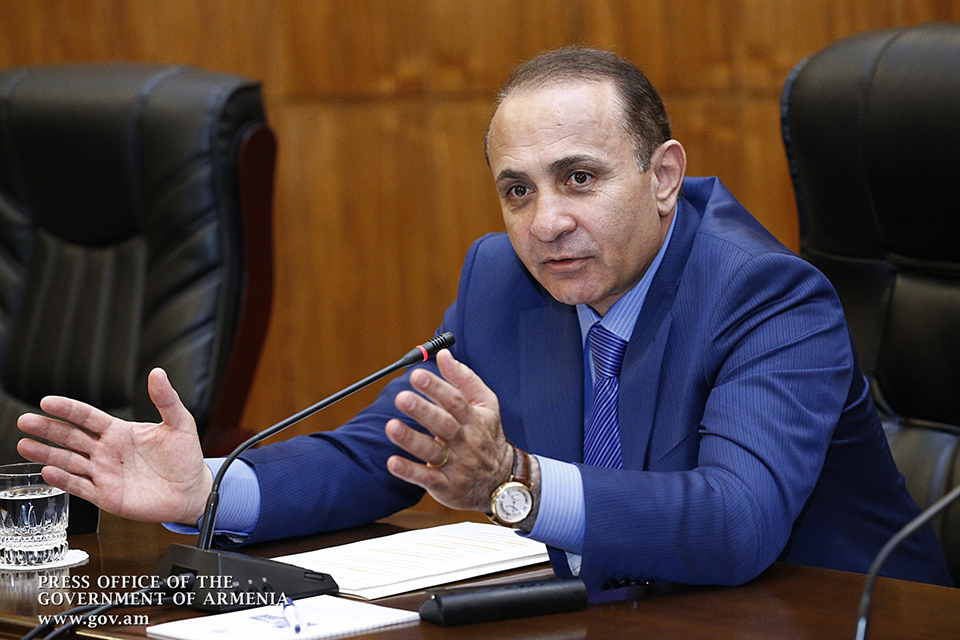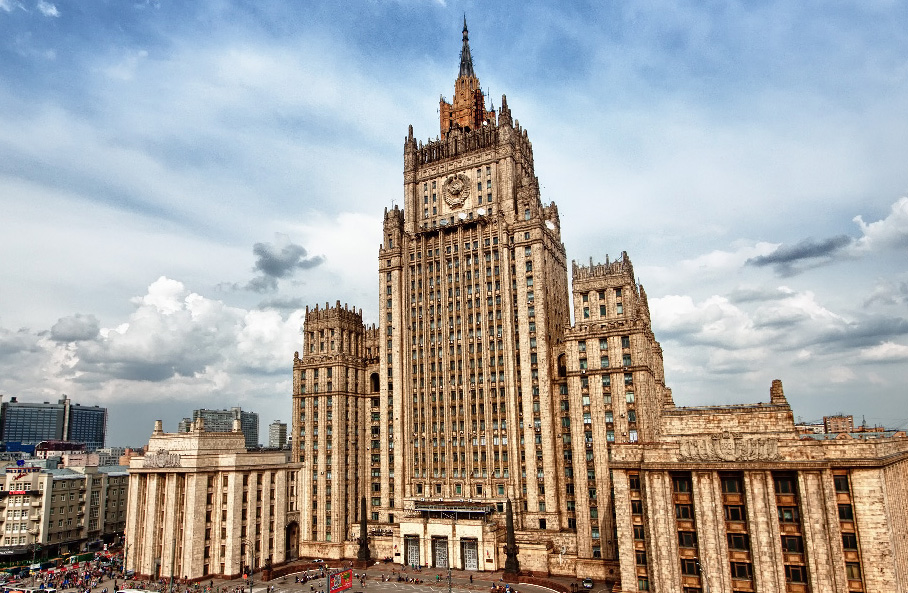YEREVAN — Armenia’s Prime Minister Hovik Abrahamian is expected to resign on Thursday, a source close to the government said, after an economic slowdown this year and outbreaks of violence prompted the president to call for a new government.
The source told Reuters the ruling Republican Party would discuss Abrahamian’s possible resignation on Thursday. “There are all indications that this decision will be announced tomorrow,” the source said. According to media speculation he will be succeeded by a technocrat Karen Karapetian
A spokesman for President Serzh Sarkisian, who proposed in August a “government of national accord”, declined to comment. Local media said that the decision was likely to be announced on Thursday at the Republican Party’s executive council session.
Abrahamian was appointed prime minister two years ago. In 2015 Armenia’s economy started to deteriorate – economic growth slowed to 3 percent in 2015 from 3.5 percent in 2014 and below the government’s growth forecast of 4.1 percent. The government expects 2.2 percent economic growth in 2016.
Economic problems, difficult social situation of a vast part of the population, lack of anticipated radical reforms, and a high degree of monopolization of the market have raised popular discontent to a higher degree. The quintessence of the people’s protesting moods was the seizure of a police station in Yerevan by an armed group in July.
But what was symptomatic was not its bloody end, but the broad public support for the armed group. The protest actions by their supporters should be viewed as a signal that further delaying of reforms would be tantamount to a larger danger.
According to media publications, one of the reasons behind the ‘imminent’ resignation of the working cabinet is the desire to form a kind of a government of national accord.
The government has also faced political challenges, including a flare-up of violence between Azerbaijan and Nagorno-Karabakh Republic in April that exposed major weaknesses in Armenian forces ability to repel Azeri aggression.
Sources in the government argue that a change of government will be followed by radical, systemic reforms, the implementation of which will be entrusted to the 53-year-old Karen Karapetian, who is known in Armenia as an effective manager and a politician having run the national gas distributing company ArmRosGazprom for ten years.
It is clear that the new government will be intermediate and the final configuration will emerge only after the parliamentary elections of 2017 and the end of the second term of Serzh Sarkisian in 2018, when the full transition from the semi-presidential form of government to a parliamentary republic will be completed.










